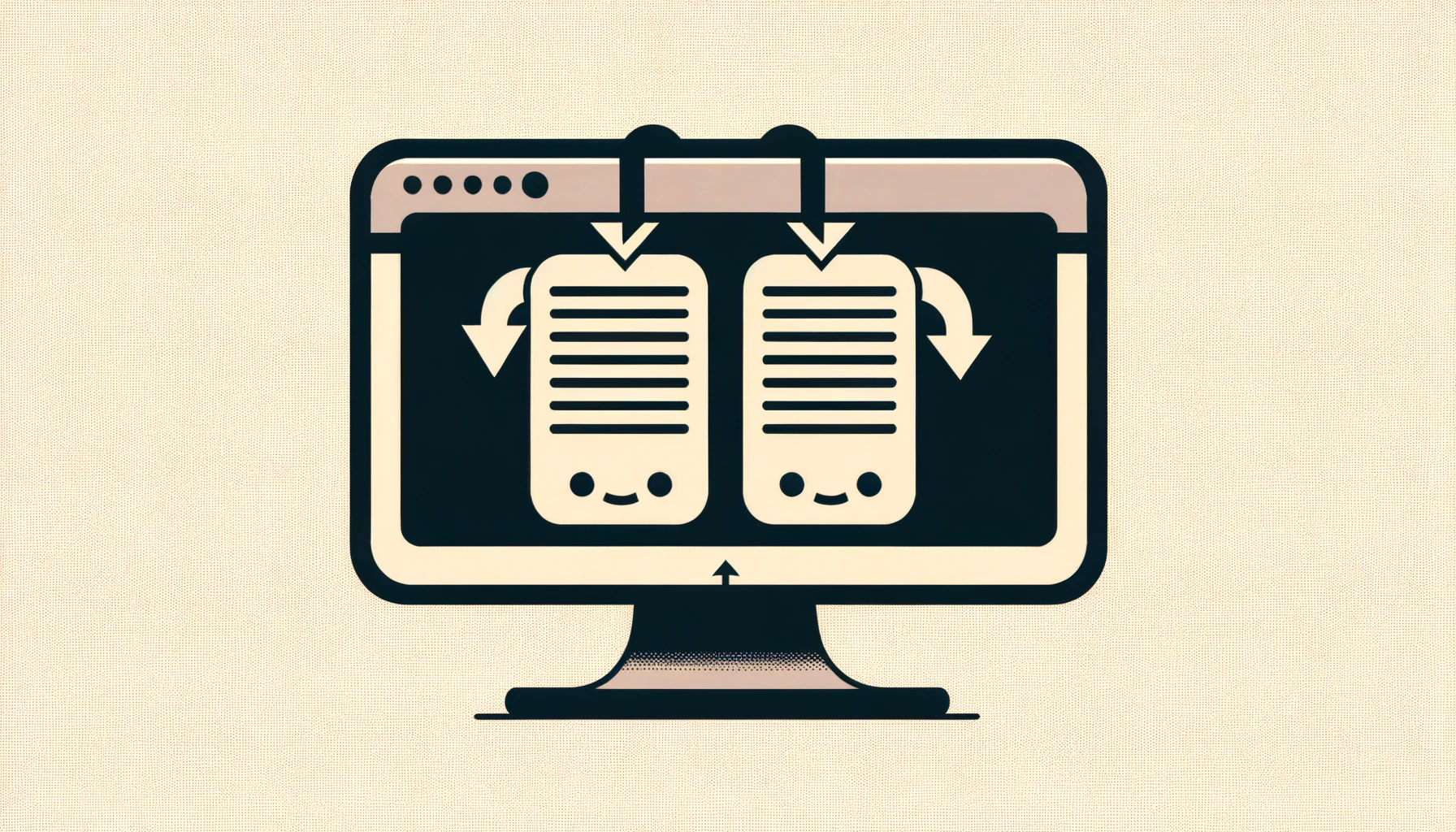(a better way to normalize strings into unique identifiers)
I created this tool to address the challenge of linking information together.
Although strings may appear identical to the human eye, differences in encoding formats,
such as UTF-8, mean they are technically distinct. This tool offers a solution by identifying
the unique values within a string and marking them accordingly. As a result, if strings are visually identical,
they are also identical in their normalization.
This utility provides a comprehensive approach to processing strings, particularly focusing on the decomposition of accents,
Hangul syllables, and normalization of strings (including accent removal and special character handling), and appending
a unique hash to the normalized string.
It leverages Python's standard libraries such as re for regular expression operations, hashlib for generating hashes, and unicodedata for Unicode character processing.
- Accents and Special Characters Removal: Removes accents and special characters from strings, making it easier to perform case-insensitive comparisons or searches.
- Hangul Syllable Decomposition: Decomposes Korean Hangul syllables into their constituent components. This is crucial for linguistic analysis, search indexing, and educational applications where understanding the base components of syllables is necessary.
- String Normalization: Removes accents and special characters from strings, making it easier to perform case-insensitive comparisons or searches. This process is vital for applications involving user input where consistency and predictability of the input data are essential.
- Unique Hash Generation: Appends a unique hash to the normalized string, facilitating the identification of strings and ensuring that even if two inputs are normalized to the same value, they can still be distinguished by their hash.
-
Improved Search Efficiency: By normalizing strings, including the decomposition of Hangul syllables, search algorithms can more easily match equivalent strings regardless of their original form, improving the user experience in search functionalities.
-
Data Consistency: Normalization ensures that data is stored in a consistent format, reducing the complexity of data processing and manipulation down the line. This is particularly important in multi-lingual applications where text input might vary widely.
-
Enhanced Security: The addition of a unique hash to normalized strings can help mitigate certain types of security risks by making it harder to predict the outcome of the normalization process and by providing a method to verify the integrity of the data.
-
Accessibility and Inclusivity: By handling special characters and decomposing syllables, the utility makes content more accessible to diverse user groups, including those using screen readers or other assistive technologies that may not handle original, unnormalized text effectively.
Using this utility is crucial in scenarios where text data comes from varied sources and requires standardization for processing, storage, or comparison. Applications that benefit from this utility include:
-
Content Management Systems (CMS): Where user-generated content needs to be searchable and free of accidental homoglyphs or variants caused by accents and special characters.
-
Educational Software: Especially for languages with complex syllabic structures like Korean, providing learners with decomposed syllables can aid in understanding and pronunciation.
-
Data Analytics: When analyzing textual data, normalization ensures that variations in input do not skew the results, leading to more accurate and reliable insights.
-
Security Applications: Generating a unique hash for strings can be used in various security protocols, including data integrity checks and ensuring non-repudiation.
This utility consists of one main function:
normalize(custom_str): Combines normalization and hash generation to produce a final, normalized string with an appended hash for uniqueness.
It also includes the following helper functions:
-
process_normalization(input_str): Helper function that normalizes the input string by removing accents, handling special characters, and making other modifications to ensure a consistent output format. -
decompose_hangul(syllable): Helper function that takes a single Hangul syllable and returns its constituent components.
# Import the normalize function from the kod_normalize package
from kod_normalize.normalize import normalize
# test the normalize function
print(normalize("Bad Bunny - DÁKITI")) # decomposed (the accent is a separate character)
print(normalize("Bad Bunny - DÁKITI")) # non-decomposed (meaning the single character has an accent)
print(normalize("Kraftwerk - Radioactivity (François Kervorkian 12” Remix)")) # mixed (has decomposed and non-decomposed characters)
print(normalize("Kraftwerk - Radioactivity (François Kervorkian 12” Remix)")) # non-decomposed only
print(normalize("Psy - Gangnam Style (강남스타일)")) # decomposed
print(normalize("Psy - Gangnam Style (강남스타일)")) # non-decomposedThis code snippet shows how identical looking strings can be very misleading, and at worse times cause duplicate data to be inserted. The normalize function decomposes accents, Hangul syllables, and other characters to normalize the string by removing any special characters or accents, and append a unique hash to the result. Assuring that visually identical strings are also identical in their normalization.
The k.o.d. String Normalization utility is a powerful tool for standardizing and normalizing text data, particularly in multi-lingual applications. By removing accents, handling special characters, and decomposing Hangul syllables, it ensures that strings are consistently represented and can be compared or searched efficiently. The addition of a unique hash to the normalized string further enhances its utility by providing a method to distinguish between visually identical strings. This utility is a valuable addition to any application that deals with text data from diverse sources and requires a consistent and predictable format for processing, storage, or comparison.
This project is licensed under the MIT License - see the LICENSE file for details.
If you find this project useful, please consider giving it a star on GitHub and sharing it with others.
If you encounter any issues while using this utility, please feel free to open an issue on GitHub.
Contributions are very welcome! If you would like to contribute to this project, please feel free to open a pull request or submit an issue. I am always open to new ideas and improvements.
